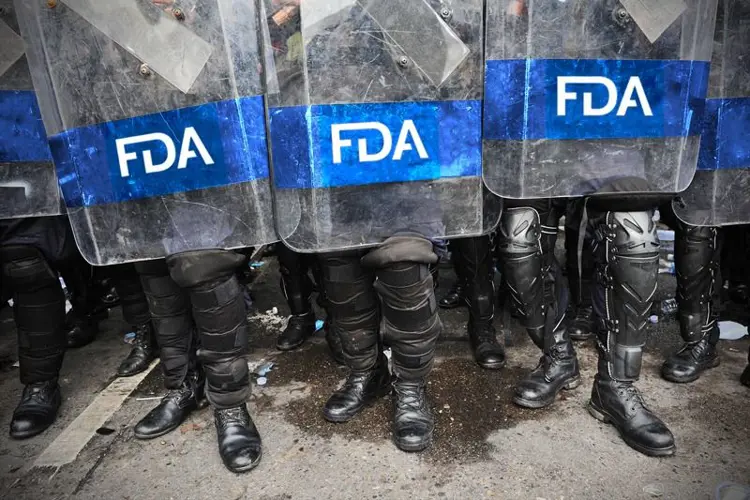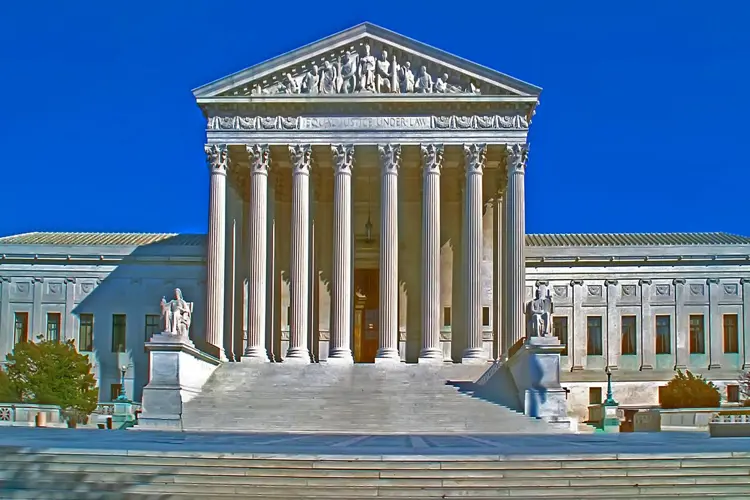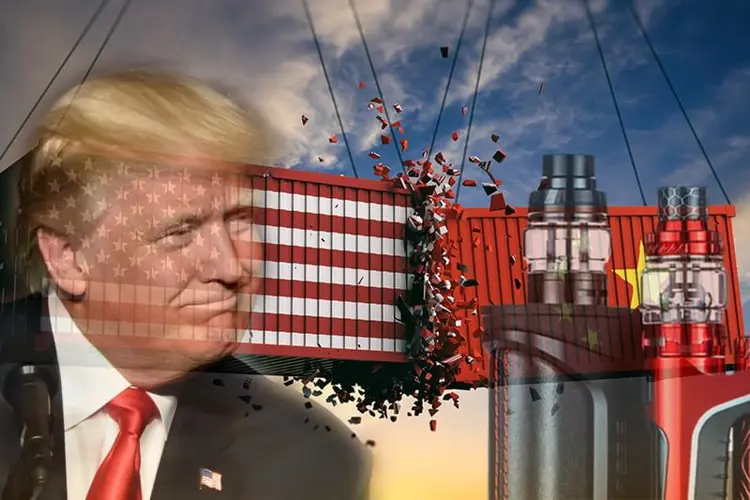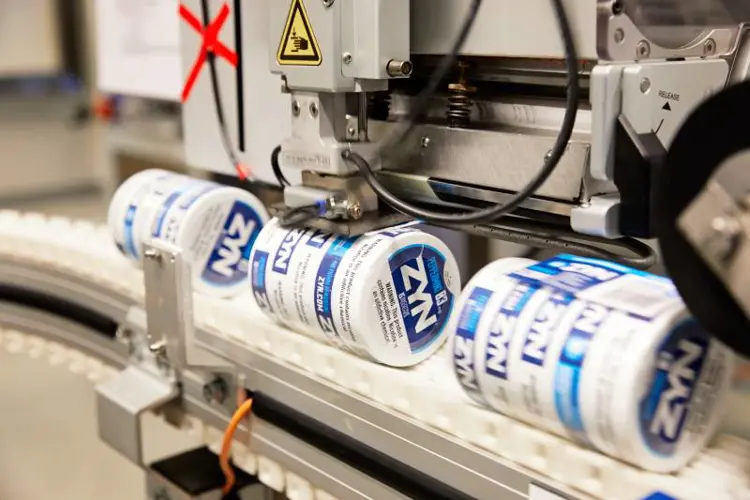Following widespread speculation yesterday that Juul Labs was on the verge of filing for chapter 11 bankruptcy, both Bloomberg News and the Wall Street Journal reported that such a decision has not yet been made. It could, however, happen soon.
The speculation followed a tweet by Reorg reporter Harvard Zhang, claiming that Juul was “preparing to file chapter 11 bankruptcy.”
The bankruptcy news isn’t really new
But the Wall Street Journal and Bloomberg had already reported—as early as June 24—that Juul has been working with advisers to address its financial challenges, and has considered chapter 11 bankruptcy as one of several options. In other words, Juul has been “preparing” for a potential bankruptcy filing for at least three months.
Chapter 11 allows a company to continue operating while it works with a court and its creditors to reorganize its finances. It doesn’t necessarily signal the death of the company.
The Journal reported Tuesday evening that Juul has received inquiries from lenders and “will soon formally request debtor-in-possession financing options,” which (if pursued) would allow the company to maintain operations during the bankruptcy process. Bloomberg News reported essentially the same thing.
“We will continue the preparation process for both a restructuring and other strategic options as we determine what path is best for our company,” said a Juul spokesman, indicating that the company hasn’t yet settled on chapter 11 (restructuring).
Juul faces huge market and financial challenges
Juul has lost its position as the top product in the convenience store/gas station segment of the vaping market, facing growing competition from Vuse and hundreds of disposable vape products in recent years that has reduced its market share by more than half. Altria Group last week ended its non-compete agreement with Juul, meaning Juul could soon face additional competition from products sold by its part-owner Altria.
Juul also faces a protracted fight with the FDA to keep its products on the market. In late June, the agency issued a marketing denial order (MDO), ordering Juul products off the market. Juul received a temporary stay of the order in federal court the next day, and the FDA later backed down and put the MDO on hold until Juul’s application could be re-reviewed. But it’s clear the agency has set its sights on Juul, and the company faces a long struggle to get marketing authorization.
In addition to growing competition and a hostile government regulator, Juul must deal with thousands of lawsuits by individuals, school districts, municipalities, states and Indian tribes—most of which have been consolidated in a huge multi-district litigation (MDL) case in the federal district court in San Francisco. Defending those cases or settling them will be very expensive.
Juul also recently agreed to pay at least $438.5 million to dozens of U.S. states and Puerto Rico over a period of 6-10 years. The agreement settled allegations that it had deceived consumers and engaged in youth-oriented advertising and marketing.
The Freemax REXA PRO and REXA SMART are highly advanced pod vapes, offering seemingly endless features, beautiful touchscreens, and new DUOMAX pods.
The OXVA XLIM Pro 2 DNA is powered by a custom-made Evolv DNA chipset, offering a Replay function and dry hit protection. Read our review to find out more.
The SKE Bar is a 2 mL replaceable pod vape with a 500 mAh battery, a 1.2-ohm mesh coil, and 35 flavors to choose from in 2% nicotine.
Because of declining cigarette sales, state governments in the U.S. and countries around the world are looking to vapor products as a new source of tax revenue.
The legal age to buy e-cigarettes and other vaping products varies around the world. The United States recently changed the legal minimum sales age to 21.
A list of vaping product flavor bans and online sales bans in the United States, and sales and possession bans in other countries.


















